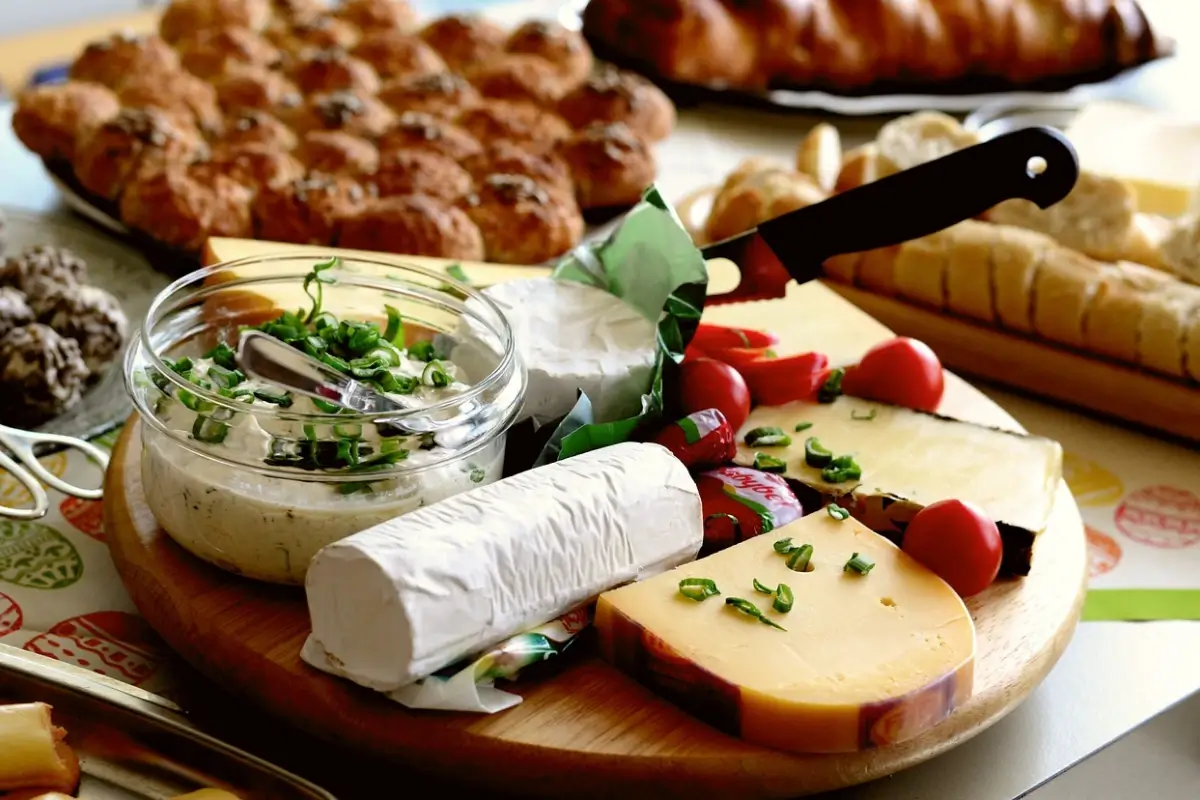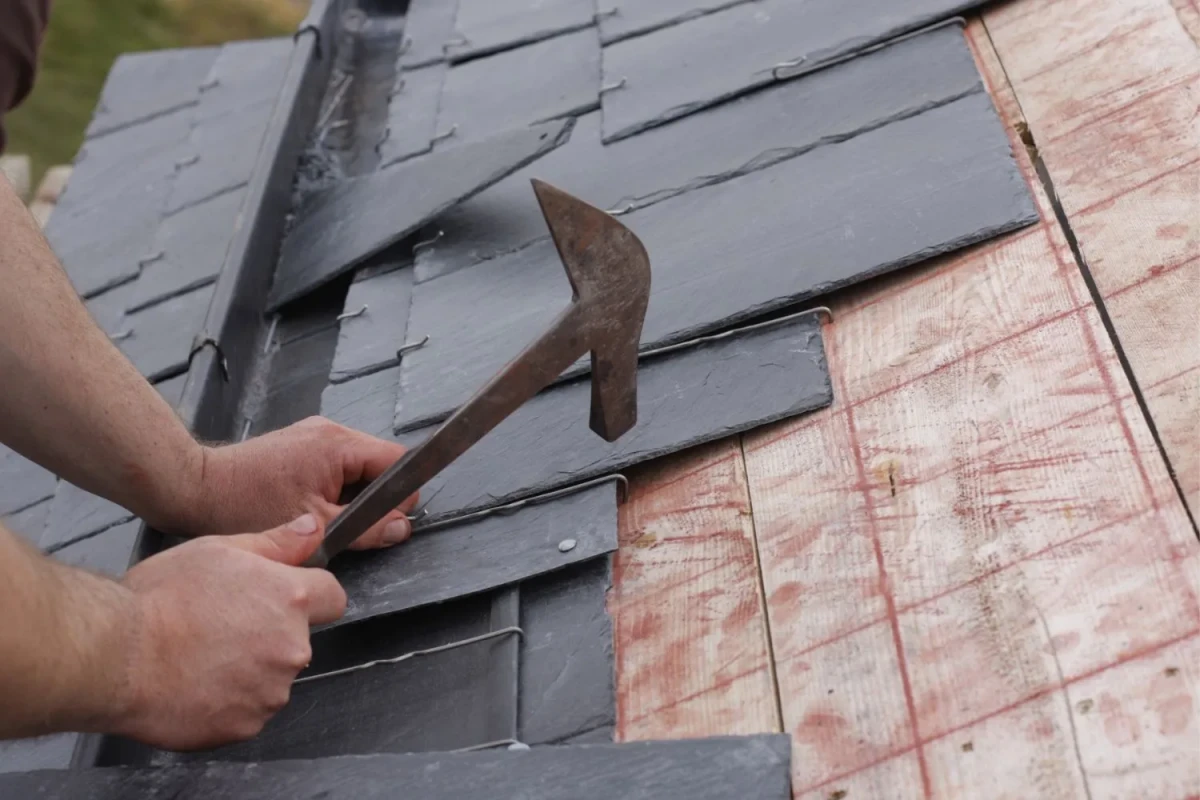Are Wooden Serving Boards a Health Risk
Wooden serving boards, often prized for their rustic charm and natural aesthetic, have been a staple in kitchens and restaurants for centuries. However, concerns have arisen regarding their safety, particularly in terms of hygiene and potential health risks. Let’s delve into the debate surrounding wood cheese boards and whether they pose a threat to your health.
The Appeal of Wooden Serving Boards
Wooden serving boards, such as the ubiquitous wood cheese board, are favored for their durability, natural beauty, and ability to add a touch of warmth to any dining experience. They are commonly used not only for serving cheeses but also for presenting an array of appetizers, charcuterie, and even main dishes at gatherings and restaurants alike.
Understanding the Concerns
One of the primary concerns associated with wooden serving boards revolves around hygiene. Unlike non-porous materials like plastic or glass, wood has a porous surface that can potentially harbor bacteria. This has raised questions about whether wooden boards are adequately sanitary, especially in environments where food safety is paramount.
Bacteria and Wood: Fact vs. Fiction
Studies have shown that wooden surfaces, including wood cheese boards, can indeed harbor bacteria, including potentially harmful strains. The porous nature of wood allows bacteria to seep beneath the surface, making thorough cleaning and sanitization challenging. However, it’s essential to note that not all bacteria are harmful, and proper cleaning techniques can significantly mitigate risks.
Maintenance and Care
Proper maintenance is crucial for wooden serving boards to minimize health risks. Regularly clean the board with hot, soapy water after each use, ensuring to scrub any food residue and dry thoroughly. Some suggest periodic oiling with food-grade mineral oil to maintain the board’s integrity and prevent excessive absorption of liquids and odors.
The Role of Cross-Contamination
Another consideration is the potential for cross-contamination. If not cleaned properly, wooden boards can retain traces of food, leading to the transfer of bacteria between different foods. This is particularly concerning when serving raw meats or dairy products that can harbor pathogens.
Alternatives and Considerations
For those concerned about hygiene, alternatives to wooden serving boards include non-porous materials like plastic, glass, or composite materials. These materials offer easier cleaning and sanitization, reducing the risk of bacterial contamination. However, they may lack the natural aesthetic and warmth that wooden boards provide.
Environmental Impact and Sustainability
Beyond health considerations, another aspect to weigh is the environmental impact of wooden boards. Wood is a renewable resource, and when sourced responsibly, it can be an eco-friendly choice compared to materials like plastic. Choosing sustainably sourced wood and supporting responsible forestry practices can mitigate concerns about environmental impact.
Balancing Aesthetics with Safety
Ultimately, the debate over whether wood cheese boards are a health risk hinges on balancing aesthetic preferences with practical considerations. While wooden boards require careful maintenance to ensure food safety, many enthusiasts argue that with proper care, the risks can be effectively managed without compromising on the charm and appeal they bring to culinary presentations.
The question of whether wooden serving boards pose a health risk is complex and multifaceted. While they can harbor bacteria and require diligent cleaning, their natural beauty and traditional appeal continue to make them a popular choice. Whether you opt for a wood cheese board or an alternative, understanding proper care and hygiene practices is key to enjoying safe and stylish culinary experiences.
2024-08-08





